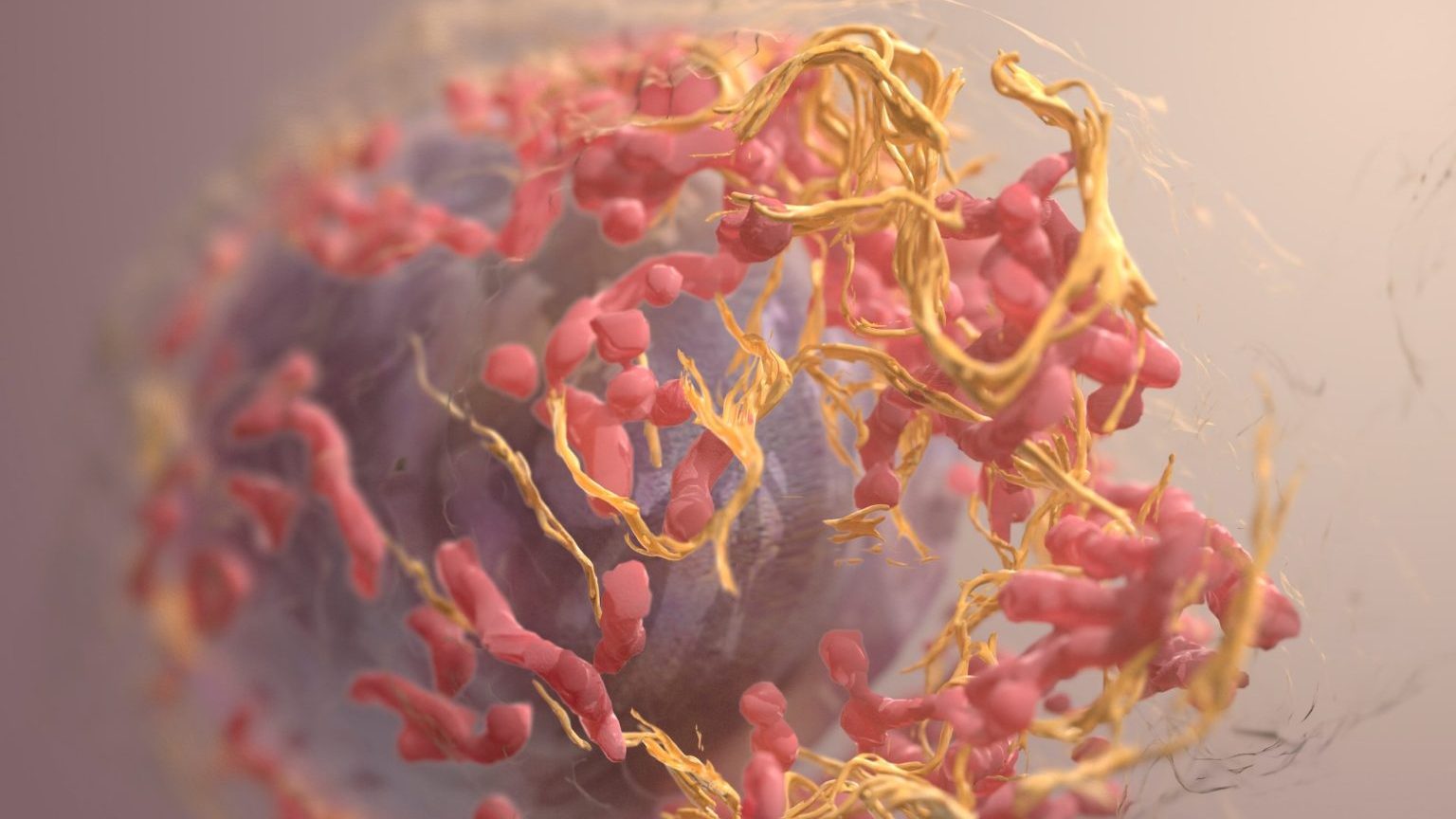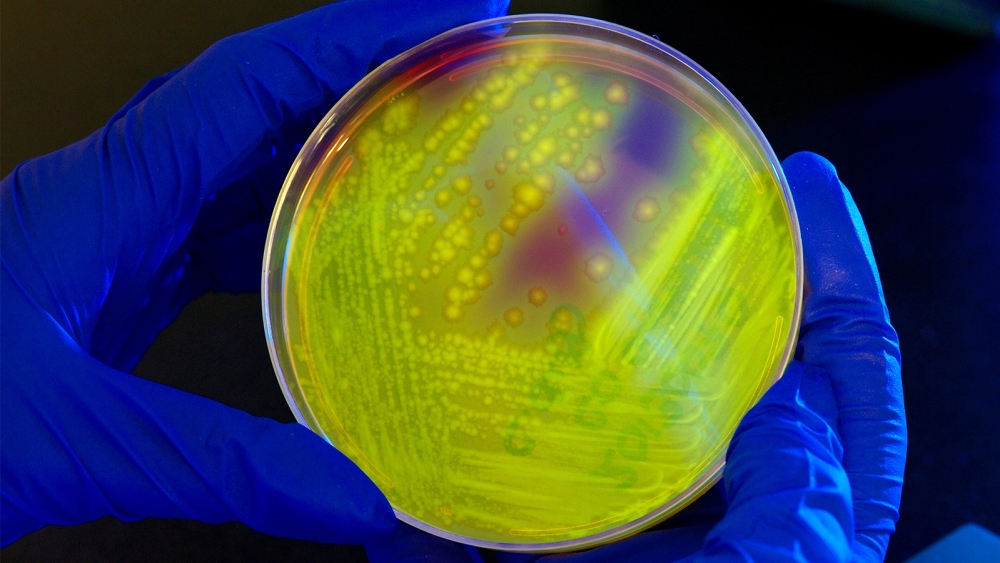Fecal Transplantation: The Grossest Way to Get You Well Again

Here’s a weird reason to thank your mom. When you were born, you inherited her microbiome. That includes trillions of bacteria, which today inhabit your gut. Picture this, for every one cell in your body there are ten microbes that also live in it. Besides multitudes, there are thousands of different varieties. Some of these bacterial flora are beneficial, others pathogenic, and others still neutral. After inheriting it, changes due to diet, biological makeup, and environment will change the makeup of your microbiome. In time, this miniature ecosystem becomes as unique to the person as their fingerprint.
Currently, not much is known about the microbiota as it is also called. These bacteria and their impact on human health are being studied rigorously today for ways to prevent and cure illness. A balance between varieties could provide homeostasis, while an abundance of a particular kind, usually a pathogen, could mean the onset of disease. Due to this, beneficial kinds must be present en masse to fulfill important functions.
Of the beneficial varieties, one type boosts the immune system, another regulates metabolism, and others manufacture crucial hormones and neurotransmitters, serotonin being one. There are those who believe that our antiseptic environment, the widespread use of antibiotics—particularly in the food supply, and our lack of contact with soil and bacteria result in a limited amount of beneficial bacteria in our systems. This in turn contributes to disease.

Healthful bacteria reintroduced into the colon.
One instance is when something, usually antibiotics, knocks off too many colonies of healthful bacteria, allowing the pathogens to surge in number. For instance, an overabundance of one type, Clostridium difficile, or C. diff. causes a condition known as C. diff. colitis, typified by painful diarrhea. It can be deadly. A new therapy seeks to reintroduce the lost beneficial bacteria and restore balance. It is known as a fecal microbiota transplant (FMT). Here, stool from a healthy donor is screened for parasites and other pathogens, diluted, cleaned with a saline solution, strained, and implanted into the patient’s colon. Implantation occurs through an enema or a medical procedure such as an endoscopy, a colonoscopy, or a sigmoidoscopy.
Around 347,000 Americans were diagnosed with C. diff. colitis in 2012 and 14,000 died from it, according to the CDC. Meanwhile, FMT patients show an 85% success rate, as opposed to the 20% rate via standard antibiotic treatment. In many instances, a miraculous rejuvenation occurs after just one dose. There is some data that shows this therapy may also be beneficial for treating certain autoimmune disorders such as irritable bowel syndrome (IBS), ulcerative colitis, or Crohn’s disease. It may someday become a standard cure for chronic diarrhea as well. It’s important to note that all of these condition are on the rise both in the U.S. and worldwide.

In 2013, the FDA classified fecal matter as an Investigational New Drug (IND) as well as a biologic. Since then, more than 7,000 FMT procedures have been performed. Few side effects have been reported. It is low-risk, minimally invasive, and cost-effective. Unfortunately, it is not often covered by insurance. Today, studies are testing FMT on colitis, obesity, diabetes, and more. So many donors are needed to feed such studies that one company, called OpenBiome, is even offering $13,000 annually for stool sample donors, if they can meet some very rigorous criteria. One must lead an exceptionally healthy lifestyle, among other parameters. Out of the first 1,000 applicants, only 40 qualified.
Also known as bacteriotherapy, FMT is practiced by just a few gastroenterologists across the country. Due to this, the fact that the procedure has not been recommended by any professional medical societies, and that it is not covered by insurers, FMT is not yet widely accepted. Also, there is sort of a regulatory backlog, since the FDA does not know how to categorize bacteriotherapy. It isn’t exactly a biologic, a drug, a vaccine, or a medical device.

Vials to be used in FMT.
The regulatory confusion and the snail’s pace of science has left many desperate patients wrestling with excruciating situations. Some are taking matters into their own hands. Today, a small but growing cadre of patients are trying do-it-at-home fecal transplants. Blogs, videos on YouTube, Facebook pages, and others tout techniques and miracle turnarounds. Apparently, a chocolate milkshake-like consistency works best. There are even broker websites such as PowerofPoop, which will connect a patient with a fecal donor for a fee, costing anywhere from $30 to $200. A lab screening fee is included. Patients receive the donation then use an enema to insert it into the colon.
Though some patients claim that the home therapy has saved their life, the unregulated nature of this phenomenon has some public health officials and medical professionals concerned. In one reported case, a woman who received a donation from her obese daughter rapidly gained 30 pounds. Researchers believe certain bacteria are responsible for storing and burning calories. For those interested in going DIY, be sure to discuss it with your doctor and remember, this is a new therapy, and the side effects are still not well known.
To learn more about FMT click here:





